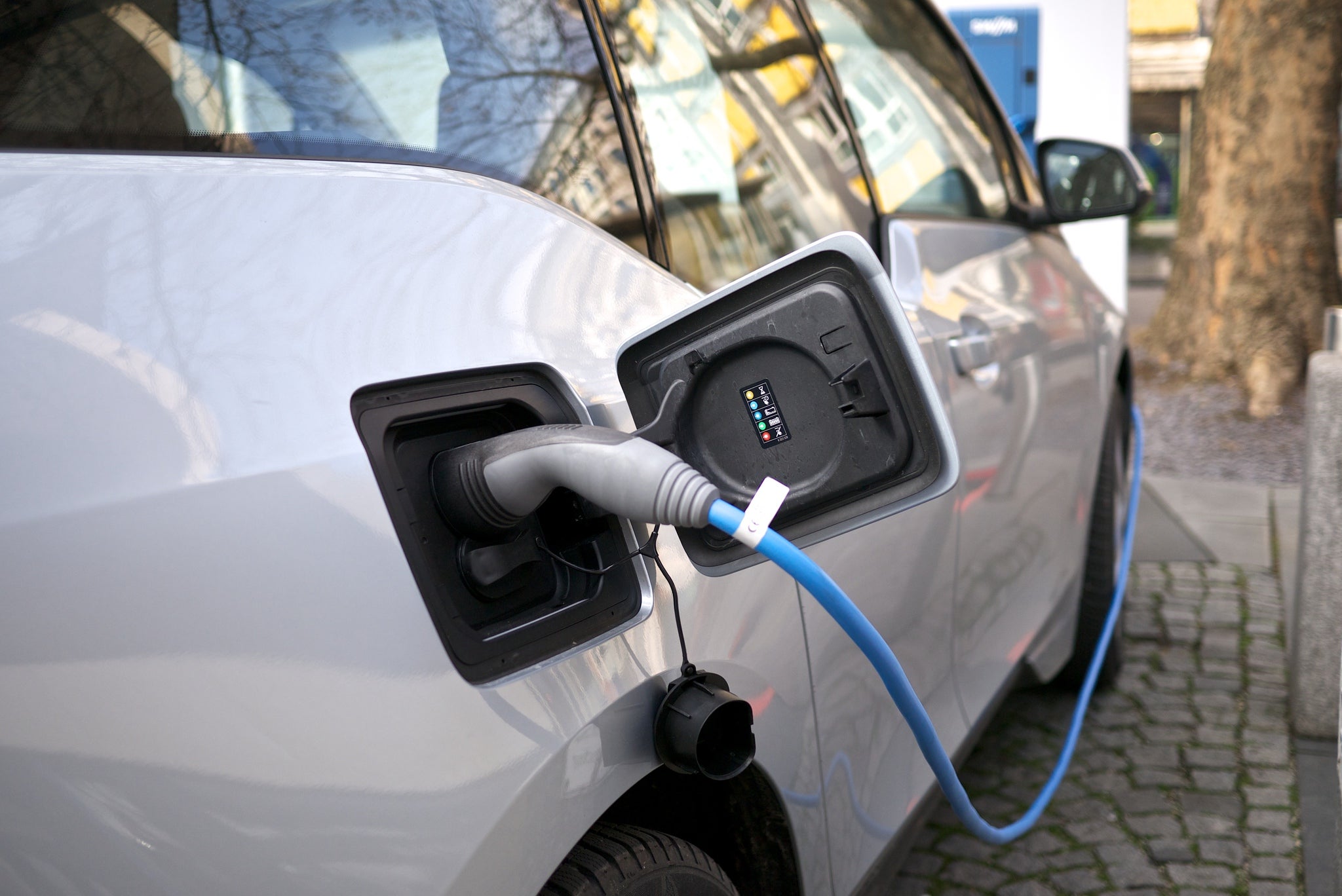Your support helps us to tell the story
From reproductive rights to climate change to Big Tech, The Independent is on the ground when the story is developing. Whether it's investigating the financials of Elon Musk's pro-Trump PAC or producing our latest documentary, 'The A Word', which shines a light on the American women fighting for reproductive rights, we know how important it is to parse out the facts from the messaging.
At such a critical moment in US history, we need reporters on the ground. Your donation allows us to keep sending journalists to speak to both sides of the story.
The Independent is trusted by Americans across the entire political spectrum. And unlike many other quality news outlets, we choose not to lock Americans out of our reporting and analysis with paywalls. We believe quality journalism should be available to everyone, paid for by those who can afford it.
Your support makes all the difference.The Government and local councils have splashed millions of pounds of taxpayers’ cash on building thousands of electric car charging points that barely anyone uses.
Ministers confirmed that public money had been used to construct a network of of 57,567 publicly-funded charging points as of the end of the last financial year.
The figure is roughly double the number electric cars actually registered for use on the road in Britain – around 24,500 as of December 2014, according to the Office for Low Emission Vehicles.
Despite the rarity of electric cars, there are now more than six times as many charging points in Britain as there are petrol stations.
In 2013 the Government unveiled a £37m grant package to build the charging stations, with cash strapped local councils forking out even more money to install the points.
The grant was part of a £400m commitment towards encouraging the take-up of similar cars.
“This investment underlines the Government’s commitment to making sure that the UK is a world leader in the electric car industry,” Transport Secretary Patrick McLoughlin said at the time.
But worrying previous reports have suggested that many electric car charging points installed by council have not been used at all.
Despite the Government’s commitment to electric vehicles, the technology’s role in the future of transport is far from certain, with other technologies competing for the starring role.
“If you were to charge a car in 12 minutes for a range of 500 km, for example, you're probably using up electricity required to power 1,000 houses," Yoshikazu Tanaka, a top Toyota engineer, told the Reuters news agency in April.
“That totally goes against the need to stabilise electricity use on the grid."
Toyota has invested heavily in competing hydrogen fuel cell technology, which it says is more practical because it does not take hours to charge and has a longer range.
Electric cars are also only as green as the energy grid they charge from – and most of the UK’s electricity is generated from fossil fuels.
The figure for the number of vehicles cited by the Office for Low Emission Vehicles also includes plug-in hybrids capable of using the charging stations, with the number of purely electric vehicles even lower.
The massive spend on the unused charging network comes despite huge cuts to the Department for Transport.
The DfT is not protected by the Treasury is set to make deep savings totally about £545m.
These will come through cuts to London’s transport budgets and underspends on cycling infrastructure, air connectivity, and regional tram projects.
A Department for Transport spokesperson told the Independent:
“Low emission vehicles are greener, cheaper to run and an increasingly popular choice for British motorists.
“Last year the UK had the fastest growing low emission vehicle market in Europe. An easily accessible network of chargepoints is part of our £500 million investment over the next five years to make these cars an easier choice for families and businesses across the country.”

Join our commenting forum
Join thought-provoking conversations, follow other Independent readers and see their replies
Comments